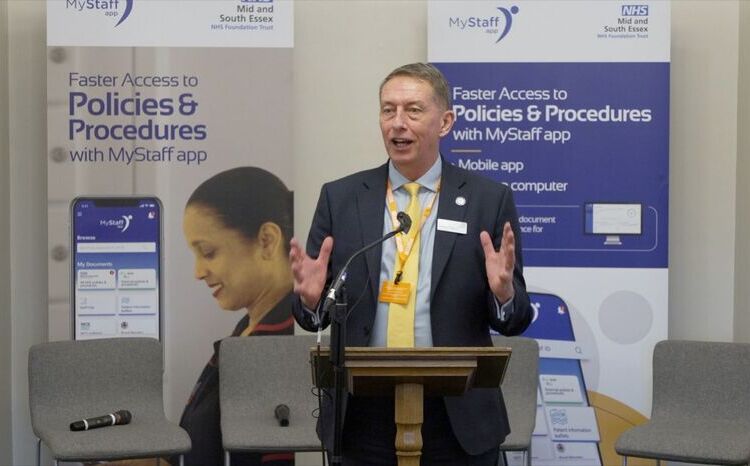Gershon says NHS national programme is inherently ‘risky’
- 11 November 2003
Peter Gershon, chief executive of the Treasury’s Office of Government Commerce (OGC) has described the National Programme for IT (NPfIT) in the NHS as inherently risky and ambitious. The comments came as part of his oral evidence to the powerful House of Commons Public Accounts Committee (PAC) on purchasing and management of software licences in the public sector, in response to concerns raised PAC member Richard Bacon, Conservative MP. Bacon had expressed his concern that the scale and complexity of the NHS National Programme for IT makes it a high risk project. “The reason the National Programme for IT in the National Health Service worries me is first, it is very, very big and second, it is very innovative,” said Bacon during the 29 October PAC oral evidence session. He said that report after report into public sector IT projects had concluded that very big IT projects should be broken up into more manageable chunks and business processes had to be designed in parallel to procurement and implementation. “There are shelf-loads – including from this Committee – of advice that very big projects should be cut up into much smaller bite-sized chunks and also there has been lots of advice from different sources, including from the National Audit Office (NAO) in its recent report on the Libra project [the troubled computerisation of the courts system] that business processes should be designed in parallel, if you are to have any chance of achieving the benefit.” I am worried that the National Programme for IT in the Health Service breached both those principles. It is not being cut into smaller bite-sized chunks and the business processes are not being designed in parallel. Am I wrong?” In response Gershon acknowledged that the NPfIT was inherently risky: “The NHS programme is challenging, is risky and it is ambitious; there is no point hiding that, because it is.” The OGC boss added that this is why Richard Granger had been bought in as director-general of NHS IT: “That is why we brought in what we thought was a pretty good guy from the private sector to lead it. He has built up a very strong team around him.” Gershon mapped out the measures in place to manage risks, stressing that the NPfIT was not a single project but a series of phased projects within an overall programme. “With electronic patient care records, the whole record is not computerised on day one, it is envisaged that that specification will evolve over time and the implementation of these systems occurs on a trust by trust basis or a GP surgery for bookings.” The OGC boss also emphasised that development would be evolutionary: “There is no big bang implementation, which is another thing the NAO and ourselves agreed should be avoided if at all possible. So in that sense I do think there is modularity of approach.” He added that because it is a critical national level programme the NPfIT is also governed by a set of actions agreed by ministers in December 2002, one of which means that the DoH must get approval before proceeding with any big bang launch. Based on past reviews of projects the NAO and OGC have also developed a list of ‘eight common weaknesses’. Gershon explained: "For the so-called key mission critical projects of government, of which clearly the NHS programme is part, the accounting officer has to sign a letter of assurance at particular phases in the project that the project does not exhibit any of these common causes of weakness.” Gershon went on to predict that if the NPfIT fails it will be for new reasons. “If projects fail in the future they will be for novel reasons and not the old familiar reasons.” He concluded: “We are giving him [Granger] all the support we can, but we will not know we have won until we cross the finishing line. The trouble with projects is that there is no guarantee of success until you have finished."




